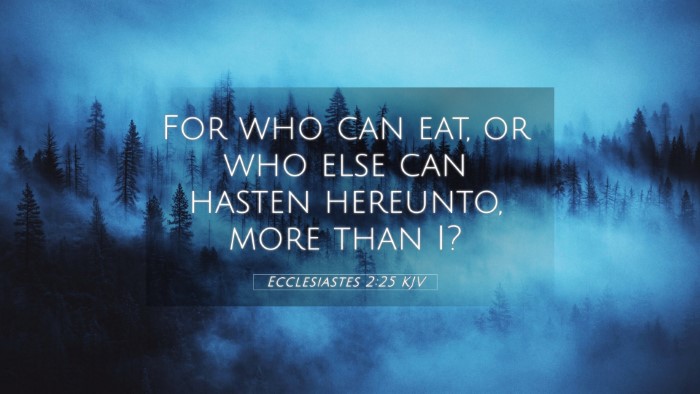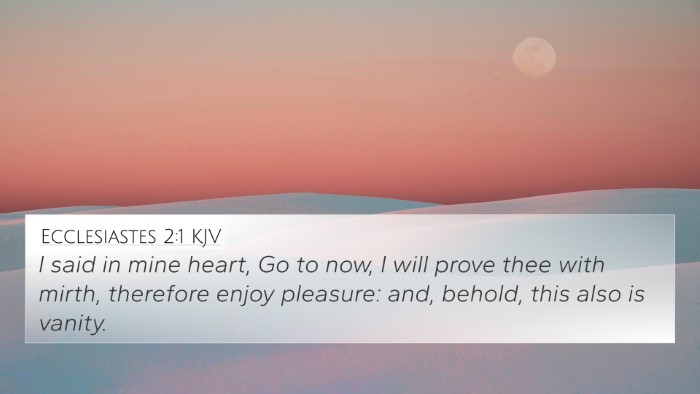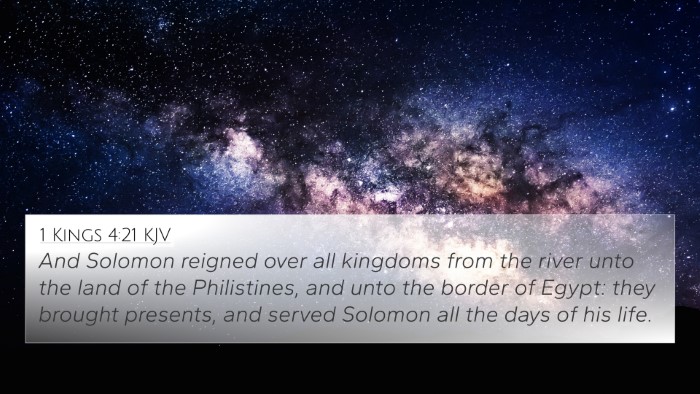Old Testament
Genesis Exodus Leviticus Numbers Deuteronomy Joshua Judges Ruth 1 Samuel 2 Samuel 1 Kings 2 Kings 1 Chronicles 2 Chronicles Ezra Nehemiah Esther Job Psalms Proverbs Ecclesiastes Song of Solomon Isaiah Jeremiah Lamentations Ezekiel Daniel Hosea Joel Amos Obadiah Jonah Micah Nahum Habakkuk Zephaniah Haggai Zechariah MalachiVerse
Ecclesiastes 2:1 Ecclesiastes 2:2 Ecclesiastes 2:3 Ecclesiastes 2:4 Ecclesiastes 2:5 Ecclesiastes 2:6 Ecclesiastes 2:7 Ecclesiastes 2:8 Ecclesiastes 2:9 Ecclesiastes 2:10 Ecclesiastes 2:11 Ecclesiastes 2:12 Ecclesiastes 2:13 Ecclesiastes 2:14 Ecclesiastes 2:15 Ecclesiastes 2:16 Ecclesiastes 2:17 Ecclesiastes 2:18 Ecclesiastes 2:19 Ecclesiastes 2:20 Ecclesiastes 2:21 Ecclesiastes 2:22 Ecclesiastes 2:23 Ecclesiastes 2:24 Ecclesiastes 2:25 Ecclesiastes 2:26



